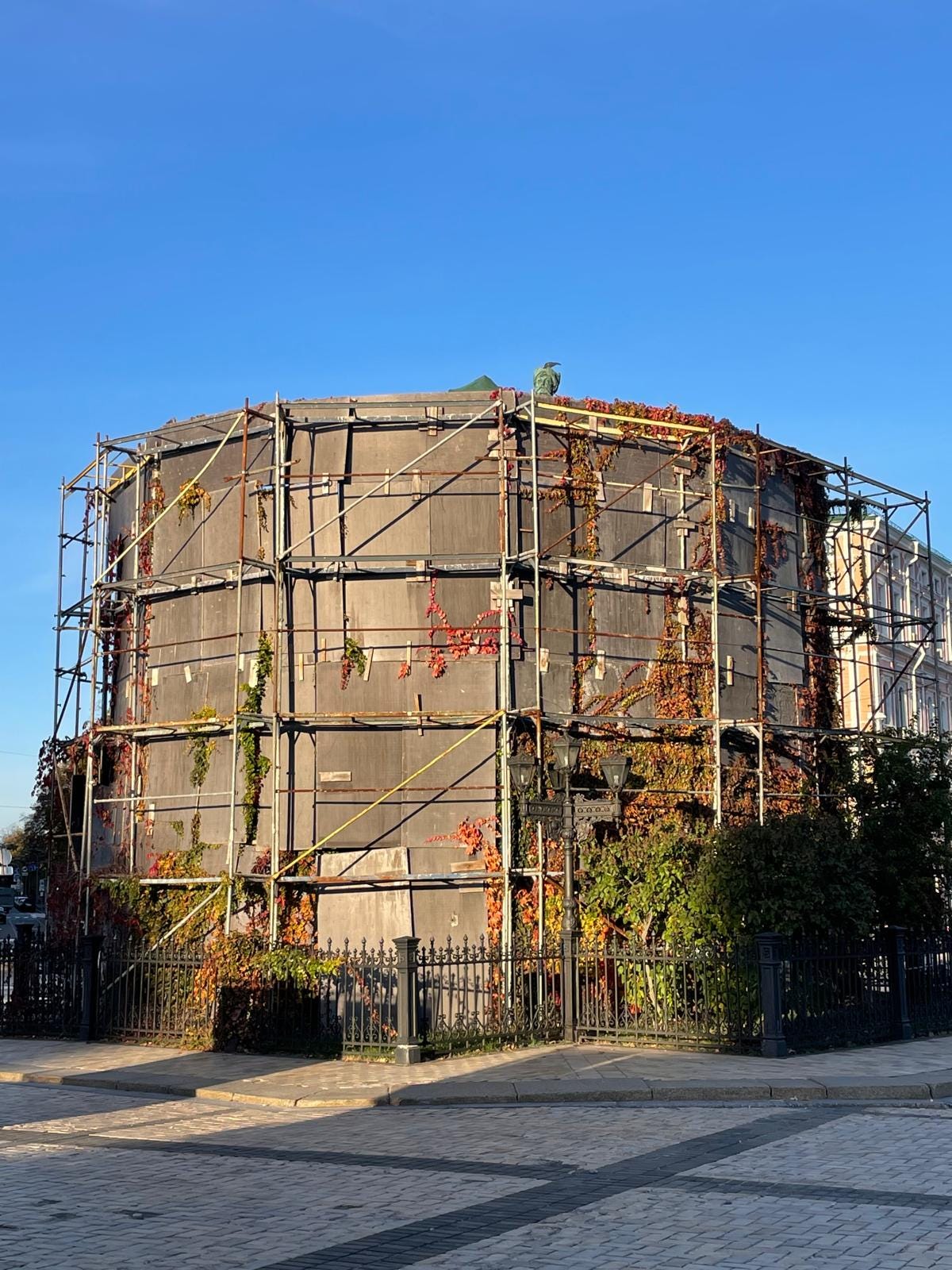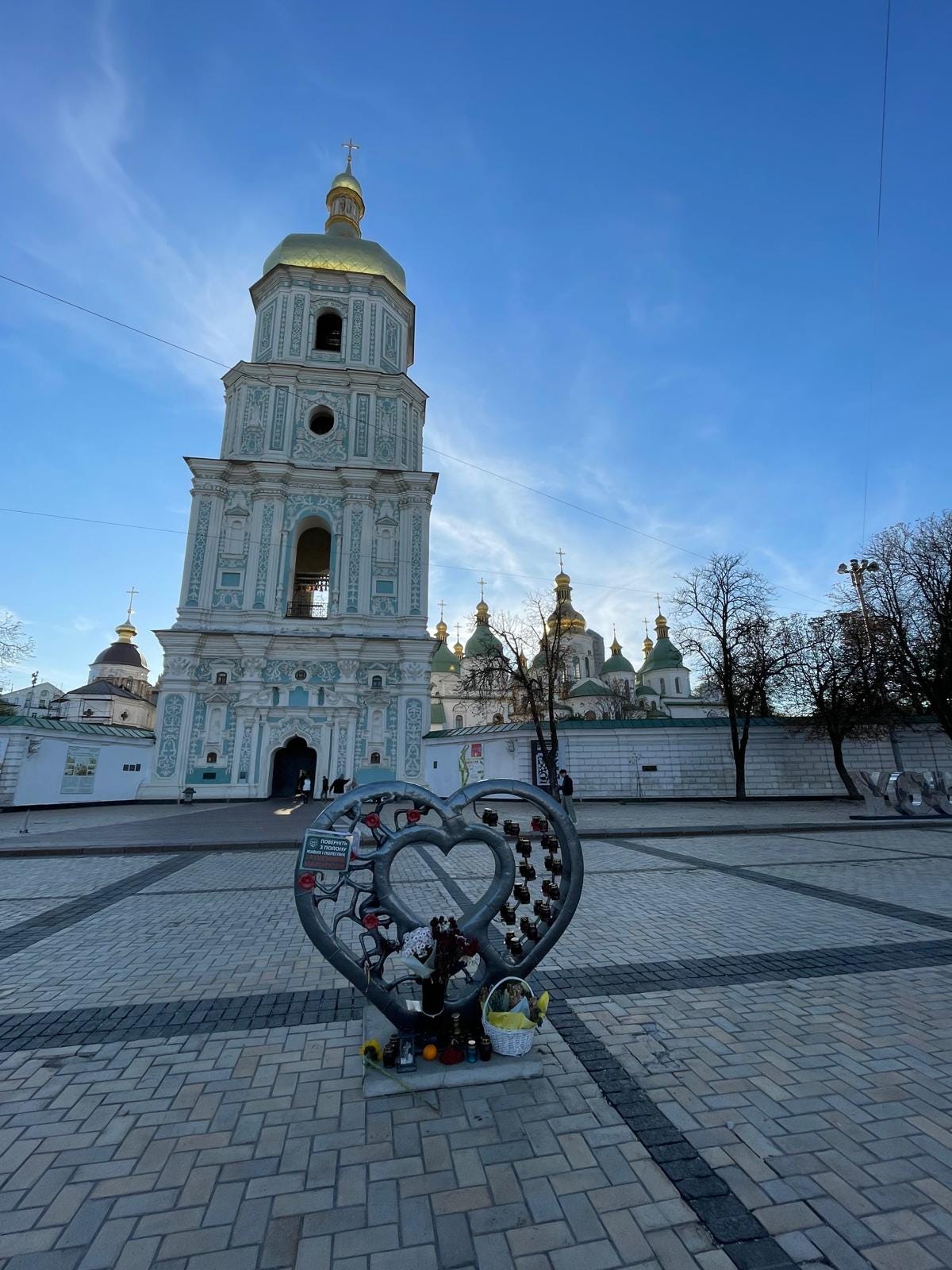While some apologists celebrate the talks in the White House between Zelensky, Putin, and EU politicians as a triumph for Europe, Putin rejoices over yet another stage victory.
Because not only Trump, but also Western European politicians implicitly conceded to Russia after the meeting in the White House that it may keep the illegally occupied parts of Ukraine. This marks another step toward the fact that—even if not de jure, then de facto – the illegal annexation of parts of Ukraine will be accepted.
The apologists also view the supposed “land swap” as progress, although this euphemism means nothing other than that Ukraine permanently cedes parts of its own state territory to the Russian aggressors, and in return receives back other parts of its own country from the aggressor. A land swap in the true sense would mean Ukrainian territory being exchanged for Russian territory. But that is not the case. What the apologists of the land swap in Western European politics and the media are implicitly and explicitly saying is that the parts of Ukraine occupied by Russia have meanwhile become Russian territory.
Putin and Russia have already scored this next victory. Not only Trump, but also Western European politicians now take as the basic premise of further talks and negotiations that at least parts of the territories occupied by Russia in Ukraine belong to Russia.
Neither “security guarantees” nor possible international troops in Ukraine, hardly anybody wants to send, will change this. They may ensure that for a while Putin cannot attack or annex further parts of Ukraine. But at the same time, this cements the division and thus the annexation.
What steps might come next?
Europe will continue the time of euphemisms and find pleasant paraphrases to describe the fact that it has accepted the war of conquest and, without Trump, can do nothing against Putin, standing powerless against the Putin–Trump front.
Putin has another advantage in further talks and possibly upcoming negotiations: while he comes with maximal demands, Europe and Trump come with minimal ones. Putin can make minimal concessions. What concessions can Europe and the U.S. – and therefore Ukraine – make? Hand over even more territory to him? Be even less willing to defend themselves in the future?
Putin and Russia will continue to control the occupied territories. From the Russian perspective, the oblasts of Donetsk, Luhansk, Kherson, and Zaporizhzhia, as well as Crimea, are already part of Russian state territory. Parts of these four oblasts are occupied and controlled by Russia, while other parts remain under the control of the Ukrainian government. This would mean that Putin and Russia would receive further, strategically important areas of these oblasts, while they (temporarily) return unimportant parts to Ukraine.
What could future negotiation bring?
The European Union will hardly ever officially recognize the previous annexations or any future occupied territories as part of Russia. But that is not necessary. As soon as the U.S. and Europe begin to speak of temporarily accepting the occupation of parts of Ukraine, they thereby acknowledge Russian supremacy over these territories. Whether these territories remain de jure part of Ukraine or are incorporated into Russia does not matter. De facto, they are controlled and governed by Russia, and according to the Russian constitution, they already belong to Russia.
There are not yet any proposals on the table for negotiations about territorial cessions, land exchanges, or even—at least on paper—self-administration of regions in eastern Ukraine. But the language has already shifted and talks about solutions will take place before there is even a ceasefire. This means Russia will continue trying to create facts on the battlefield and continue to terrorize civilians in Ukraine while talks about negotiations or negotiations are ongoing.
Even after a ceasefire, where are the millions of displaced people from the occupied territories supposed to go? Where can they rebuild their lives? Who will compensate them for their lost property?
There will be promises of return for the displaced or compensation for destroyed or occupied property. The importance of minority and human rights in the occupied territories will be emphasized. None of this will be realized, while Russians from Russia will increasingly be settled there, creating irreversible facts.
At the same time, Putin will demand special rights for the few people, identifying as Russians and for the Russian language in Ukraine—while denying Ukrainians and the Ukrainian language those same rights in the occupied territories. For him, there are neither Ukrainians nor a Ukrainian language.
As a collateral damage, entire cultures are being destroyed. The North Azovian Greeks, e.g., living primarily in the Donetsk oblast will not only lose their hometowns and villages. All 76 of their settlements are occupied by Russia. Their centuries-old culture will be destroyed and vanish, if their contiguous settlement area remains under Russian control and they cannot return. The North Azovian Greeks will be resettled, dispersed over other parts of Ukraine or in Western Europe.
The last “great peace solution” the West created was the Dayton Agreement, which ended the war in Bosnia and Herzegovina. But that agreement also one-sidedly rewarded the aggressors while mocking the attacked. The results of genocide, mass killings, and mass expulsions were recognized, and the victims had no right to justice. Justice was limited to the conviction of a few war criminals. The return of the displaced, guaranteed in the Dayton Agreement, largely failed to occur, and the entire country remained trapped in ethnic thinking.
Eastern Bosnia then is Eastern Ukraine today. And the social and political consequences of an unjust peace will be felt throughout Ukraine, just as Bosnia and Herzegovina still feels them today. The sense of injustice, which will rightly prevail, and the resulting frustration will shape social and political life in Ukraine—leading on the one hand to radicalization, and on the other to political apathy. Not the best conditions for a good future, especially as the neighbour Russia will continue trying to destroy Ukraine.
How will international troops behave if Russia attacks again or makes local provocations? Like the international troops in Bosnia and Herzegovina, who first allowed themselves to be made fools of, and then stood by watching a genocide?


